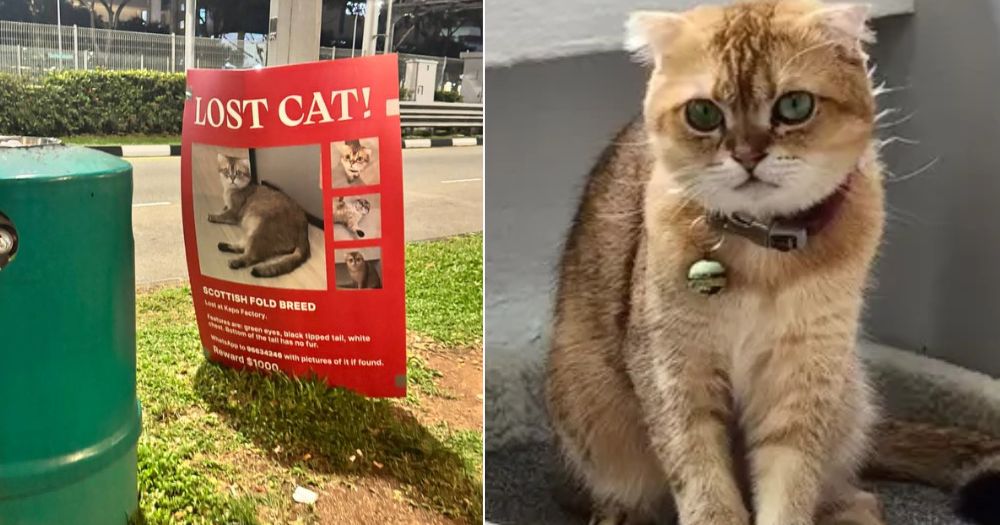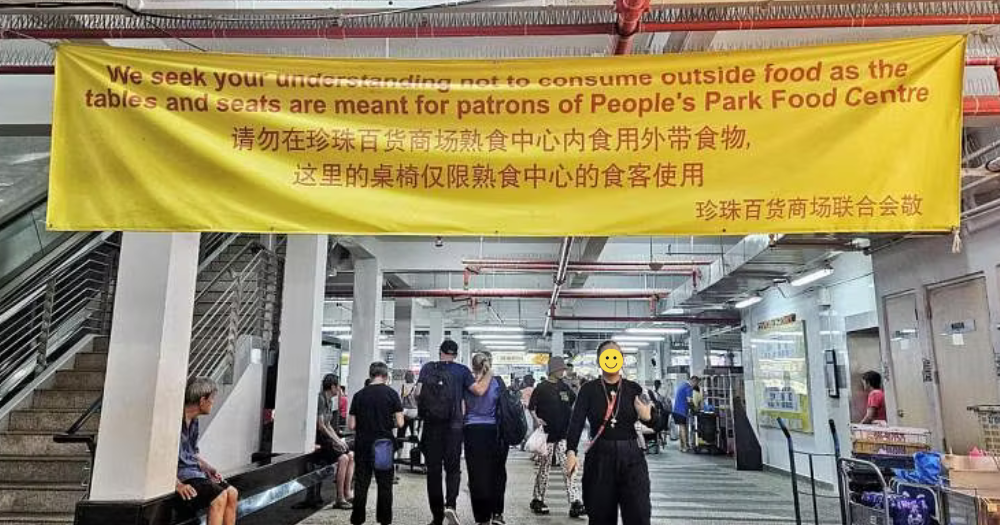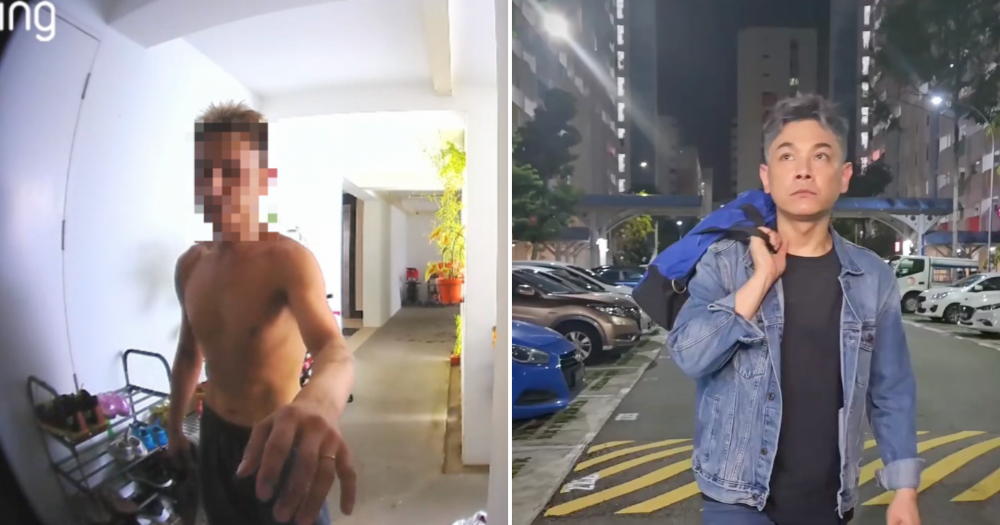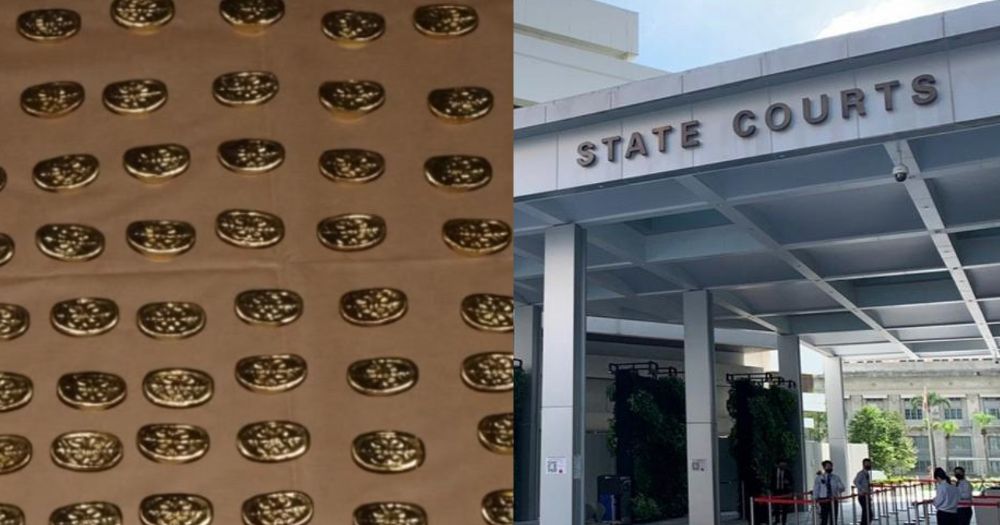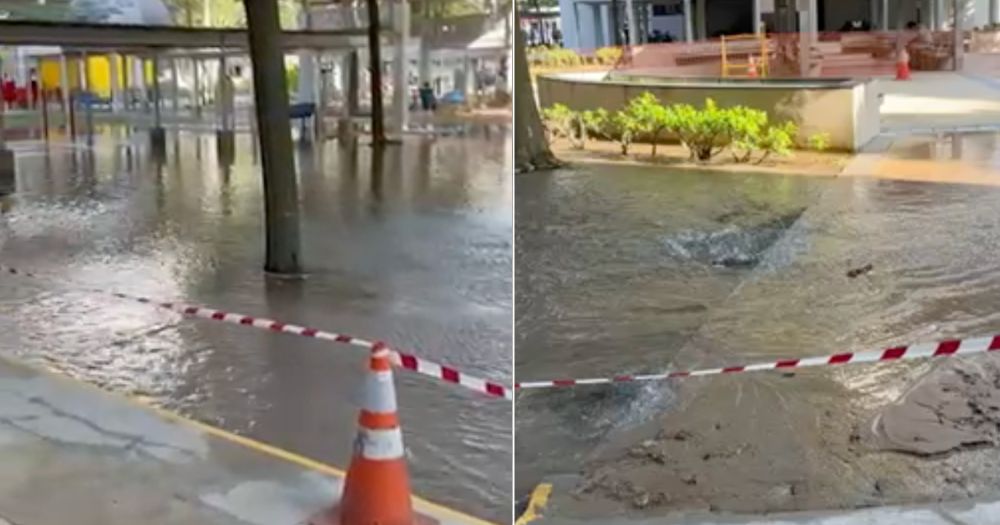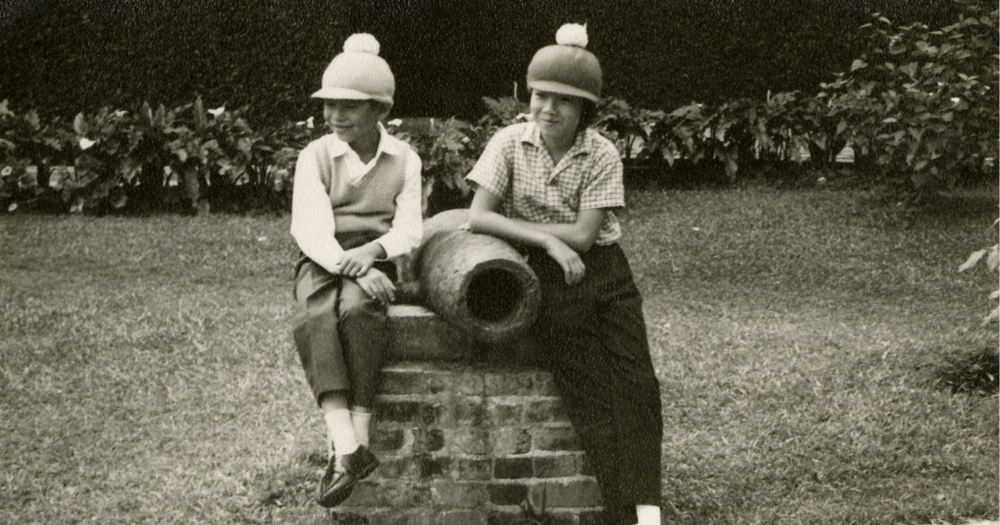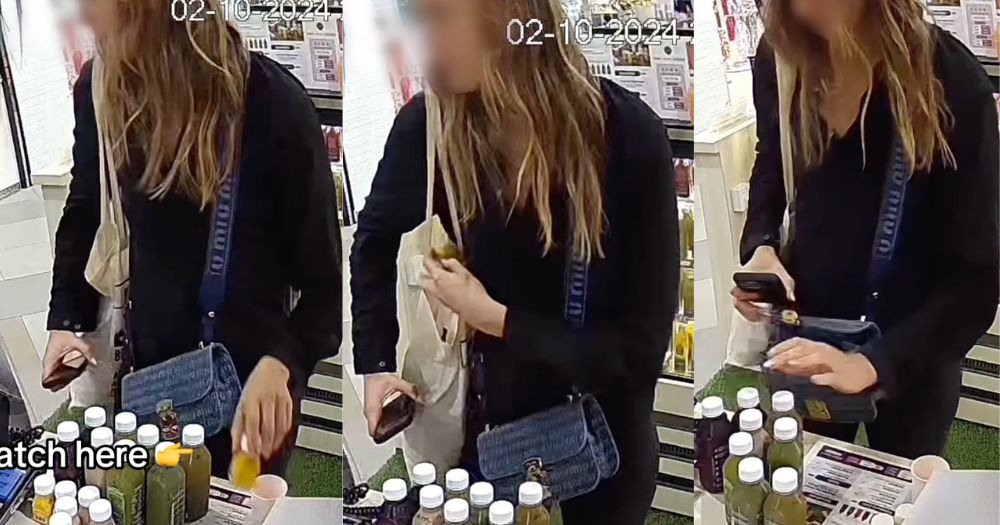Man pours hot water over caged rats in Chinatown, Acres calls for guidelines on rodent control
Oh no.
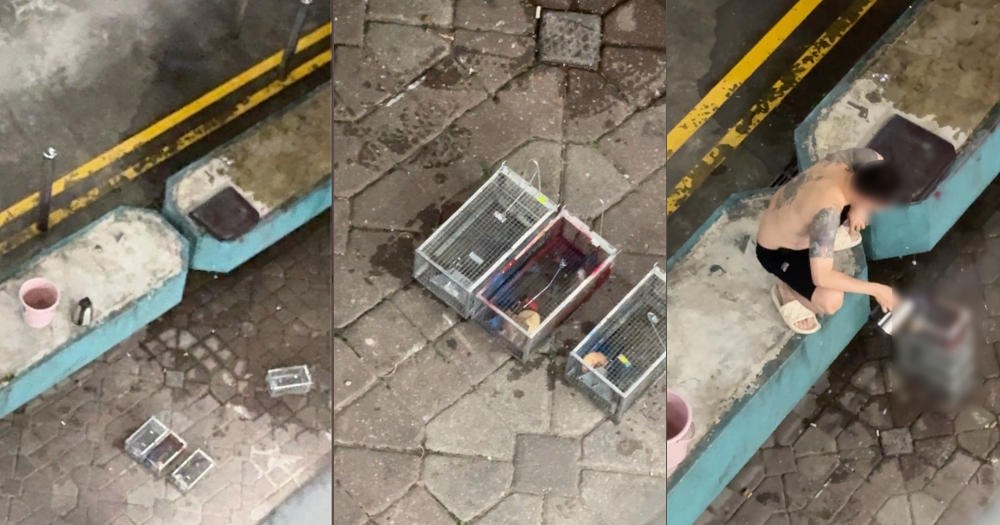
UPDATE on Sep. 6 at 4:50pm: This article has been updated to include a statement from Jalan Besar Town Council.
A man in Singapore was caught on camera pouring hot water on rats trapped in cages.
A Mothership reader shared that the incident occurred at Upper Cross Street around 10pm on Sep. 1, highlighting it as a case of animal cruelty.
Trapped in cages
In the video, a man in a black T-shirt could be seen with four rodent traps.
He took three cages containing rodents and laid them on the floor.
There was another cage that sat slightly further away.
A kettle was situated nearby.
The cages on the ground each contained a rat.
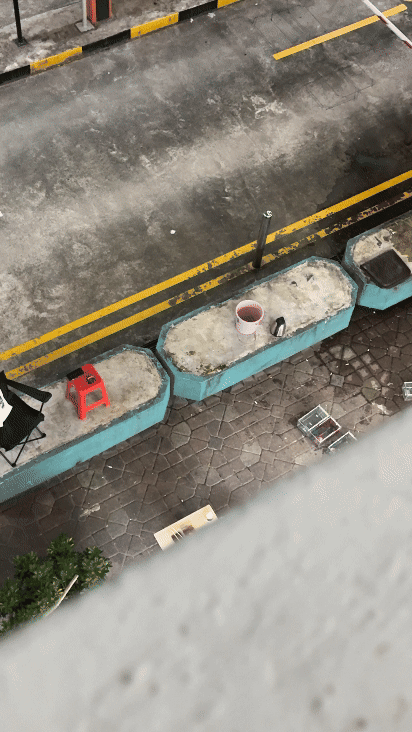 GIF from Mothership reader.
GIF from Mothership reader.
The man in the black T-shirt was then joined by another man, who began stacking the four cages on top of each other.
He then proceeded to empty the whole kettle of hot water over the cages.
The rodents could be heard squealing and trying to flee the hot water.
After a while, the rodents stopped moving in the cages.
 Photo via Mothership reader
Photo via Mothership reader
The Mothership reader shared that he witnessed this on his way home from dinner.
He pointed out that the men were employees from a durian shop below his block and noted that they did it openly along a busy walkway and were not trying to be discreet about their actions.
Rat infestation
In response, an employee from the durian shop shared that the area had a rodent infestation a few months ago.
While they sought help from the National Environment Agency (NEA) and Jalan Besar Town Council, the neighbours pooled their money to purchase rat traps, such as glue traps and metal cages to catch the rats.
In a few weeks, the employee said they caught about 40 to 50 rats.
"As there were a lot of mouse trapped, the area was full of rodent stench," he added.
Regarding the incident captured on camera, the employee explained that they were using hot water to "kill the germs on the cage and smell of that area".
No specific guidelines
In response to Mothership's queries, the Animal Concerns Research and Education Society (Acres) shared that they visited and spoke to the stall owner on Sep. 5 and understood that there had been an issue with rodents at that site.
Acres noted that while the pest control industry has some guidelines for using glue traps, there are no specific guidelines for humanely killing trapped rodents.
"This is to safeguard animal welfare and health safety risks for the personnel involved," the organisation explained.
In addition, Acres noted that the unregulated sale of cage traps to the public raises concerns related to hygiene, public health, and animal welfare, as the onus falls on members of the public to handle the rodent issues.
As for the use of glue traps, Acres has previously described it as "inhumane and indiscriminate", and believes that they do not tackle the root of pest infestation issues.
A Jalan Besar Town Council spokesperson shared with Mothership that the Town Council's licensed pest control contractor carried out comprehensive monthly treatments, and no rat burrows were found in the block or its vicinity.
The spokesperson added that its staff shared the Town Council's rat control practices with Acres during their site meeting on Sep. 4.
They will also contact the durian shop operators.
"We will continue to monitor the situation closely," said the spokesperson.
According to the National Environment Agency (NEA) website, those facing rat infestations should engage licensed vector control operators.
NEA also stated that the key strategy in managing rat infestation is to remove and deny entry to food sources and remove potential harbourage areas to make nesting and breeding difficult.
Other measures to manage rat infestations include keeping the environment clean, storing food in rat-proof containers, and practising good refuse management.
NEA shared in April that it will be deploying surveillance cameras with thermal detection capabilities in order to tackle rat issues in Singapore.
This is among other measures like stepping up enforcement of waste management at food premises and bin centres.
Animal cruelty in Singapore
In January 2024, SPCA reported investigating 915 cases of animal cruelty and welfare issues in 2023.
It was the highest number of cases in 11 years.
SPCA added that the figure also represented a "staggering" 79 per cent increase in cases from 2022.
Of the 915, 357 cases fell under the category of abuse and cruelty, which entails the intentional infliction of pain, harm or suffering or causing the death of an animal.
However, rodents fall under the Wildlife (Exemption) Order 2020, which allows the killing, trapping, or taking of certain species.
 Screenshot via Singapore Statutes Online
Screenshot via Singapore Statutes Online
Top photos via Mothership reader
MORE STORIES













